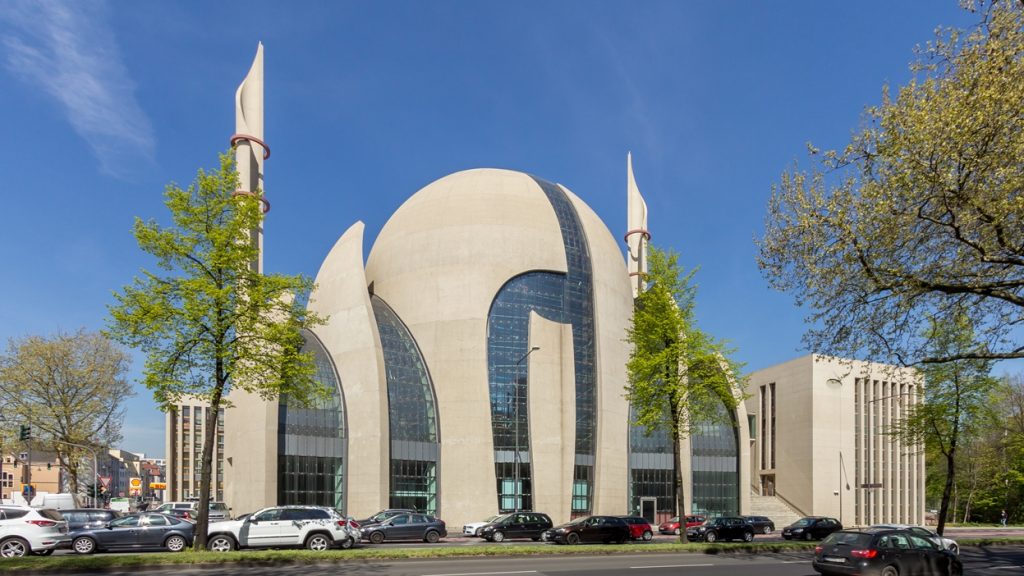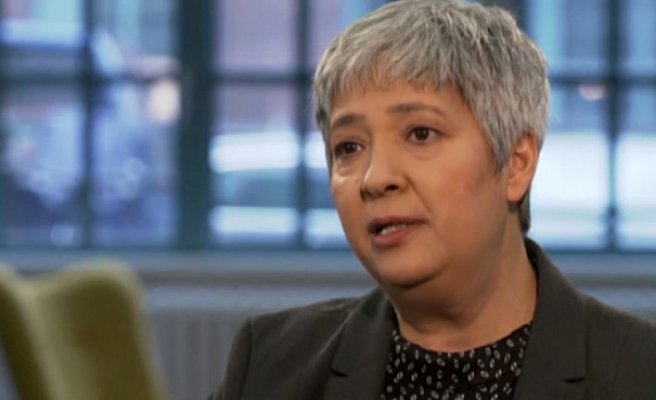A Turkish Kurdish lawyer and imam has created waves by attacking European mosques and clerics that are funded by foreign governments, including Turkey.
Feminist Seyran Ateş, who founded the liberal Ibn Rushd-Goethe Mosque in Berlin in 2017 where men and women pray together, claims foreign influence drives Islamic extremism in Europe, and prevents a tolerant form of Islam from emerging.
Her comments, which appeared in a report in the Daily Telegraph at the weekend, include calls for European governments to ban the foreign funding of mosques.
“You don’t trust the wolf to take care of your sheep,” Ms Ateş says. “We are allowing foreign governments to control the mosques in Europe. How can we develop a European Islam under these conditions?”
Many mosques across Europe regularly receive funding from abroad. Concerns have been raised in the UK and elsewhere of links between Saudi endowments, Wahhabism and Islamic extremism. Saudi Arabia’s ultra-conservative interpretation of the Kur’an views non-believers and those who do not adhere to its strict form of Islam as ‘heathens’ and ‘enemies’ of the faith.
Turkey has also been mired in controversy. Two years ago, there were multiple news reports of Turkish clerics acting as spies for Ankara in Austria, Germany, Netherlands, and Norway.
Ms Ateş singles out Turkey for criticism for the significant level of influence it wields over Germany’s Turkish Muslims. Its Religious Affairs Directorate (Diyanet) financially supports some 900 mosques in Germany where 5% of the population – 4 million people – is of Turkish heritage.
Cologne Central Mosque – Germany’s largest mosque – was built by DITIB (Diyanet İşleri Türk-İslam Birliği)

“The imams are sent here from Turkey. They are employees of the Turkish state. The sermons are written in Turkey. How can they relate to our needs here in Europe?
“They are promoting a version of Islam that is against democracy, against gender equality and LGBT rights,” she says. “They are promoting a society under sharia law.
“We have Arab mosques, Afghan mosques, Pakistani mosques, and they all use their community’s language. Why don’t we have German mosques here in Germany?”
Born in Istanbul, Ms Ateş, 55, moved with her family to Germany when she was six years old. An outspoken civil rights activist, she survived an attempt on her life as a student when she was shot in 1984.
Her 2009 book in German Islam needs a sexual revolution made her a target for Islamists, who sent her hate mail and death threats, forcing her to live under police protection.
In 2017, she raised £87,000 to launch Ibn Rushd-Goethe, a progressive mosque where male and female imams serve, and the burqa is banned. The liberal mosque has garnered extensive criticism among conservative Muslims in Turkey and the Middle East, and also led to a fatwa against her in Egypt, however two years on the mosque continues to operate independently.
Ms Ateş believes Ibn Rushd-Goethe is the perfect example of how mosques can function without any foreign funding. Taking its cue from the Kur’an and also Germany’s equivalent of the church tax, she would encourage the country’s Muslims to contribute to the creation and upkeep of mosques.
“One of the five pillars of Islam is to give a percentage of your property to the poor and to religion,” she says. “It doesn’t need to be compulsory, but Germany would be free to tell the Muslims: if you don’t want to pay it, do without mosques.”





